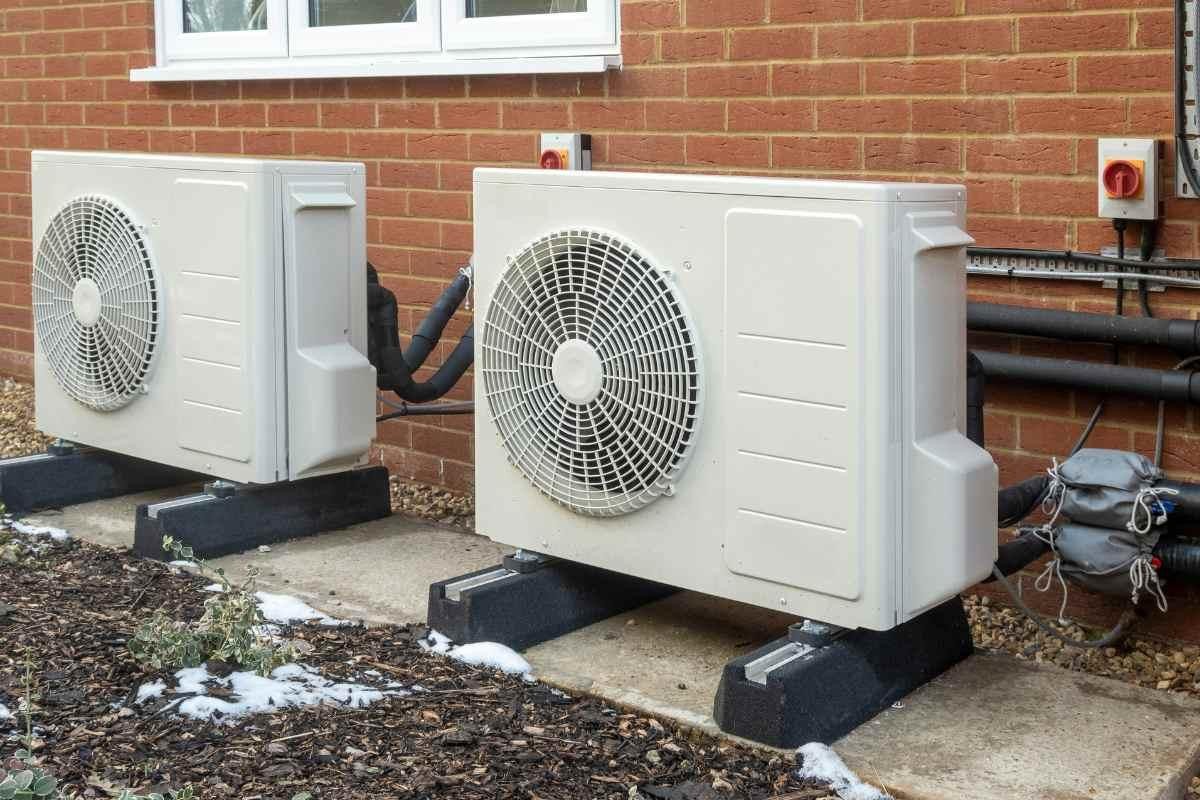UK Government Plans to Revolutionise Heat Pump Installation Process
The UK government has embarked on a transformative journey to streamline the planning regulations for heat pump installations, a pivotal move aimed at bolstering eco-friendly heating adoption across the nation. This initiative, targeting a significant reduction in bureaucratic hurdles, promises to make heat pump acquisition as straightforward and appealing as possible for UK homeowners.
Unpacking the Government's Proposal
The heart of the government's initiative lies in a series of strategic proposals unveiled last week. These include:
- Refining Noise Assessment: Proposing more accurate assessment methods for evaluating heat pump noise levels.
- Relaxing Spatial Restrictions: Suggesting the removal of the current mandate that requires a one-metre clearance from property boundaries for heat pump installations.
- Adjusting Compressor Unit Size Limits: Recommending changes to accommodate larger, quieter compressor models.
- Guidelines for Multiple Installations: Establishing clear rules for instances where multiple units are necessary, such as in apartment complexes.
- Inclusion of Air-to-Air Systems: Endorsing the approval of air-to-air heat pumps, expanding the range of viable eco-friendly heating options.
The Rationale Behind the Reform
The government's push to amend these regulations is not without compelling reason. "Heating in buildings is one of the biggest sources of greenhouse gas emissions in the UK," points out Daniel Särefjord, CEO of Aira UK, highlighting the critical environmental implications. To counter this, the government sets an ambitious target to have 600,000 heat pumps installed annually by 2028.
Särefjord further critiques the current state of affairs, noting, "Today, 95% of the UK's gas boilers are still being replaced with the same polluting and highly inefficient systems." He attributes this trend to the "months of planning policy red tape," which significantly hinders the adoption of cleaner, more efficient heat pump technology.
Anticipated Outcomes of the Proposal
If these proposals gain approval, the landscape of heat pump installation could be revolutionised. As Särefjord says, "The proposed changes to permitted development rights will make installing a heat pump as straightforward as installing a jacuzzi or a new garden shed." This simplification could dramatically reduce the waiting time for approvals, encouraging more homeowners to transition to sustainable heating solutions.
Särefjord is vocal about the advantages and potential misconceptions surrounding heat pump technology. He asserts, "Residential heat pumps consume a small amount of energy and are four times more efficient than a gas boiler." Addressing concerns about noise, he reassures that modern heat pumps "produce as little sound as a home refrigerator."
Moreover, Särefjord emphasises the broader benefits of this technological shift: "By making the switch to a heat pump quicker and simpler, the UK can reduce its total emissions by 16-17%." This change, he argues, is crucial for the UK's ambition to eliminate its reliance on gas heating, highlighting the role of policy reform in achieving the nation's net-zero objectives.
The UK government's initiative to streamline heat pump installations marks a significant step forward in the nation's green agenda. By removing bureaucratic obstacles, this reform has the potential to accelerate the adoption of heat pumps, offering a more sustainable and efficient alternative to traditional heating systems.
Daniel Särefjord's commentary underscores the urgency and necessity of this transition, advocating for immediate action to capitalise on the environmental and economic benefits of heat pump technology. As we edge closer to our net-zero targets, embracing these changes becomes imperative for a greener, more sustainable future.
Considering a sustainable heating solution for your home? Connect with a skilled tradesperson near you through BookaBuilderUK and explore how an eco-friendly heat pump can enhance your living space.





